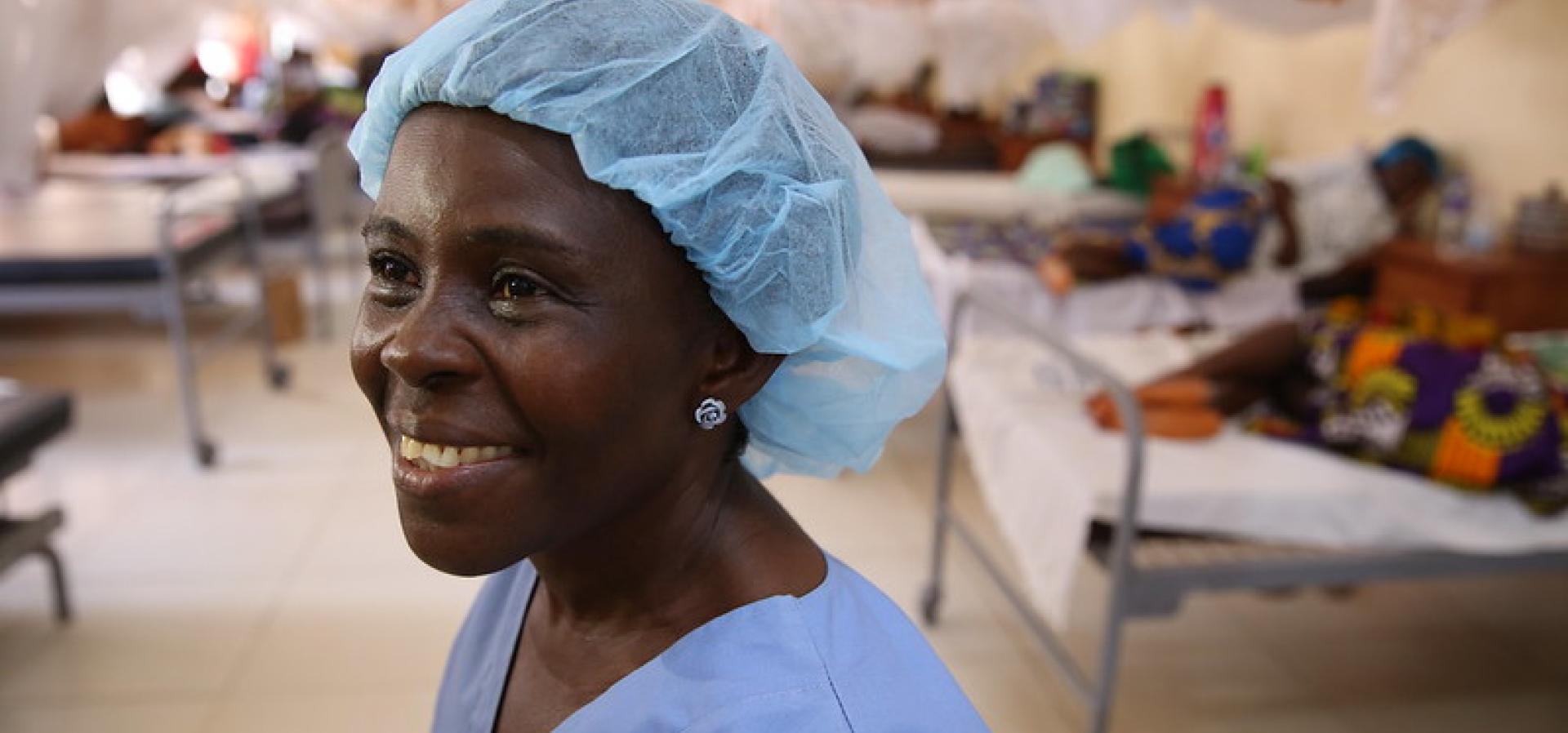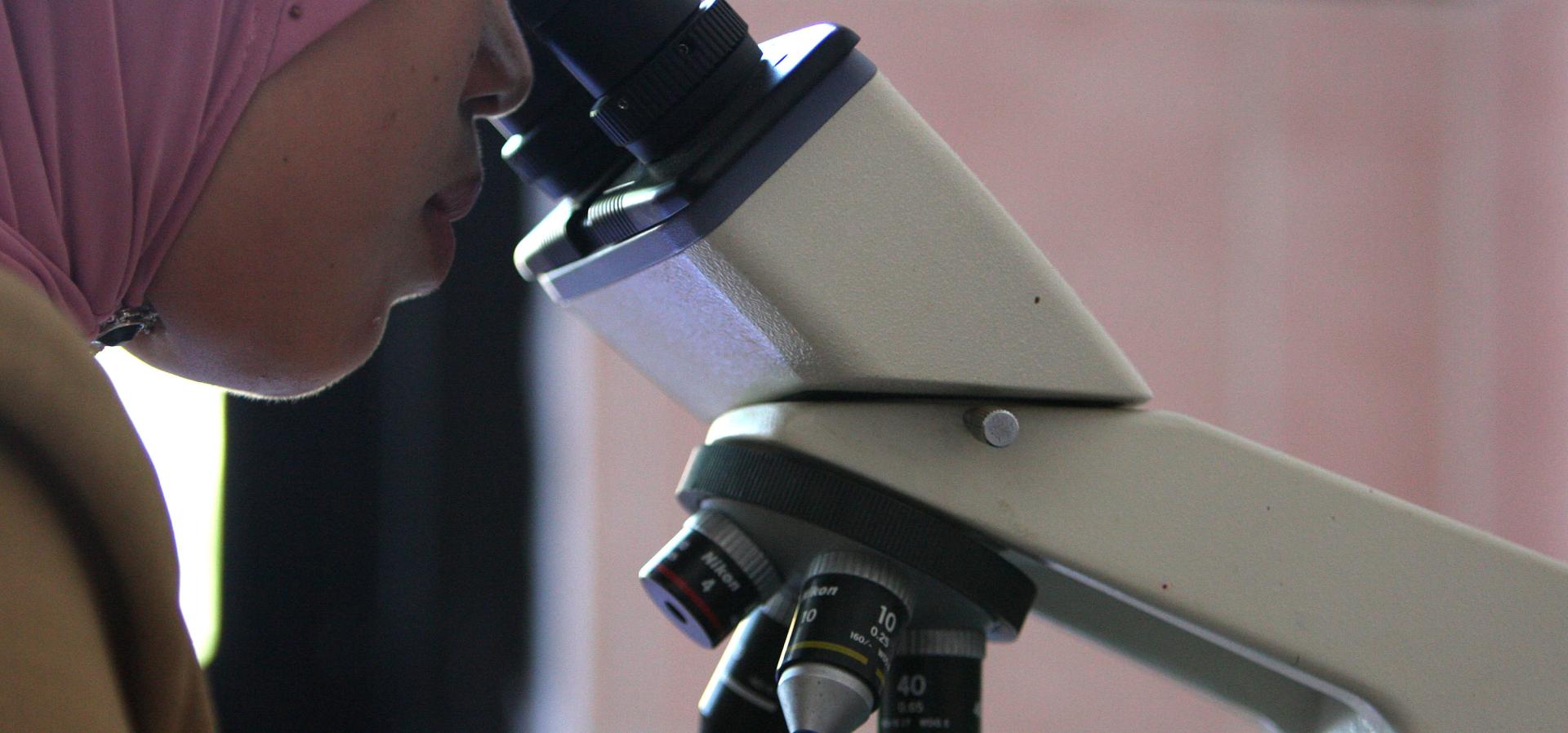Jonathan Suk
Jonathan is based at the European Centre for Disease Prevention and Control (ECDC), where he is a Group Lead for Partnerships and Capacity Building and a Principal Expert in Emergency Preparedness and Response. Jonathan is a multidisciplinary public health specialist who coordinates preparedness work at ECDC topics such as pandemic preparedness, non-pharmaceutical interventions, after-action reviews, risk prioritisation, and climate change adaptation.



